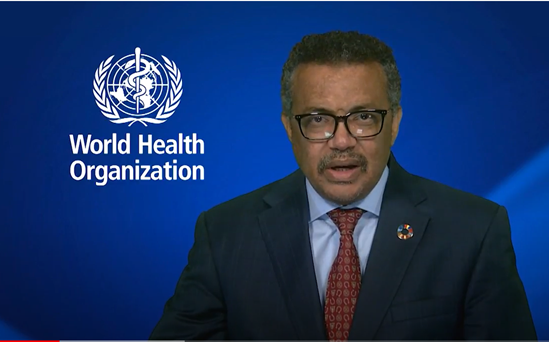A social worker councils a young girl who has suffered from serious complications of FGM
Supporting health care providers to manage complications of FGM
Girls and women who have been subjected to female genital mutilation (FGM) need high quality, empathetic and appropriate health care to meet their specific needs.
Many health care providers are unaware that FGM is associated with a wide range of short- and long-term health risks, and are often inadequately trained to recognize and properly manage complications related to FGM. Moreover, providers are often not comfortable discussing or addressing FGM, including how FGM may negatively impact the mental as well as sexual health and well-being of women and girls. As a result, girls and women risk suffering needlessly from the negative physical and mental health consequences of this harmful practice.
International migration has now made FGM a global health issue. This means that it is essential that health care providers everywhere are prepared to provide adequate treatment and counselling to girls and women who have undergone FGM. Health care providers need to be aware of the many negative health consequences associated with FGM. They must also know how to appropriately respond to patients and their families, when they ask to have this harmful practice performed on them.
WHO has a zero tolerance approach to female genital mutilation and aims to help empower health care providers to adequately address FGM in their work. In line with this objective, WHO has developed a range of evidence-based tools for health care providers, and actively supports countries to implement and integrate these FGM resources as part of a health systems strengthening approach.


